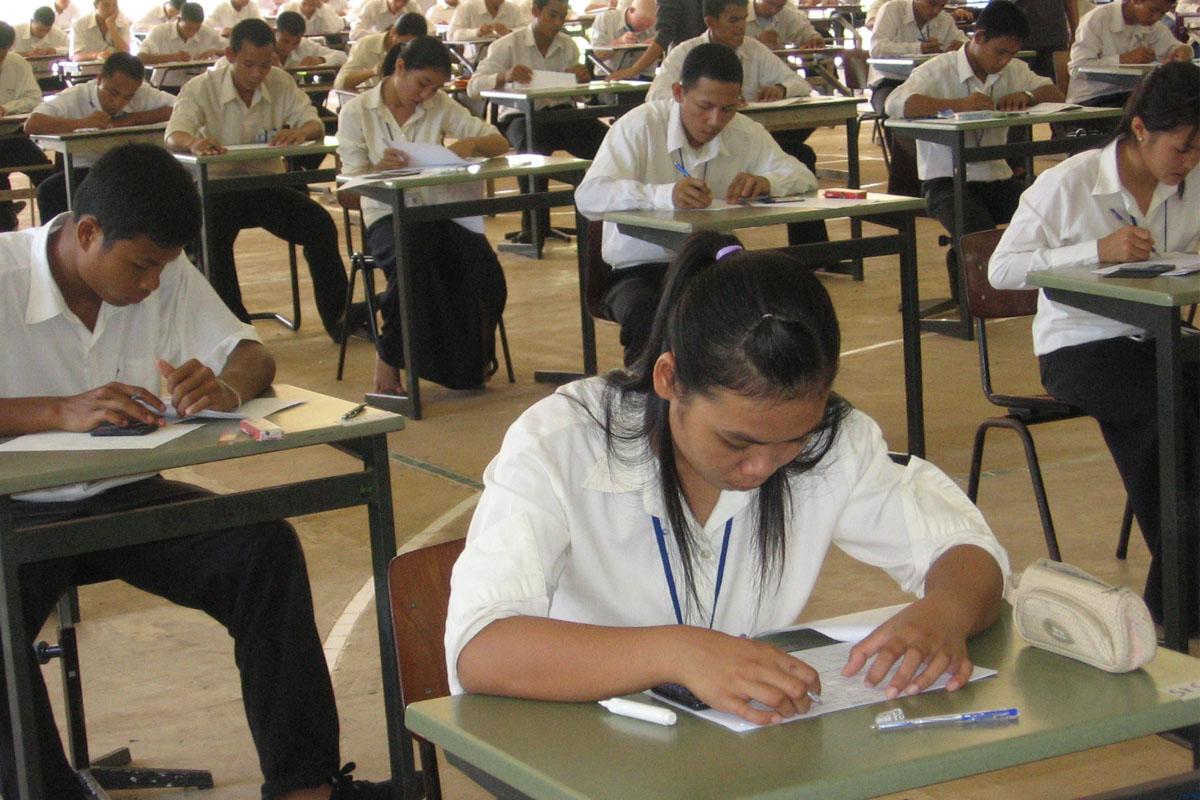Y: Don, you’ve been staring at that test-prep book for hours. Haven’t you studied enough?
D: I have two huge standardized tests next week, so no, I don’t think so.
Y: Sometimes I get the feeling that school is all about standardized tests. You know, it doesn’t have to be that way.
D: We can’t just do away with tests, though. How else are we going to know if students are learning?
Y: Easy: we can ask their teachers. Research done on British primary and secondary students found that teacher assessments are just as good at predicting a student’s future success as standardized tests are. Researchers looked at data from the Twins Early Development Study, which gathered a lot of information about children’s learning abilities and behaviors over time. They compared that data with teacher assessments and exam score results from another database. In the UK, teachers are required to assess their students until the students turn 14, and students take multiple standardized tests during their schooling, including exams at ages 7 and 11, GCSEs, which stands for General Certificate of Secondary Education, at age 16, and A-levels, which are typically required to get into a university, at 18. The researchers found that there was a strong correlation between the teacher assessments and exam results in English, math, and science: both measures were equally effective at assessing students’ abilities.
D: Does that mean no more tests?
Y: Exams have their place too, but this study implies that reducing the number of high-stakes exams wouldn’t leave us completely clueless about how students are doing.
D: And I have a feeling a lot of students wouldn’t mind the change.









